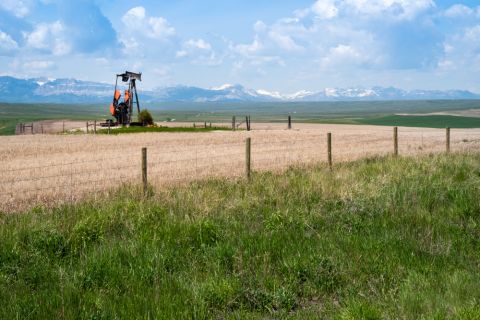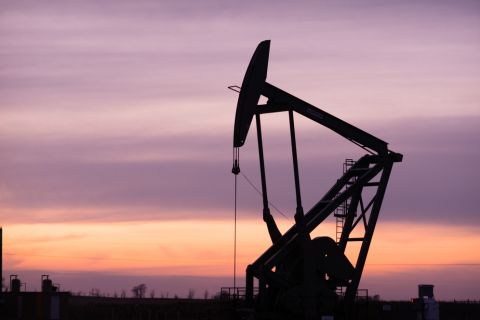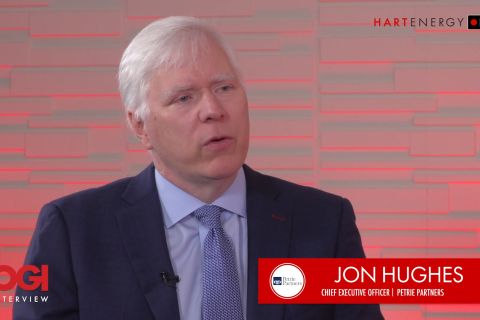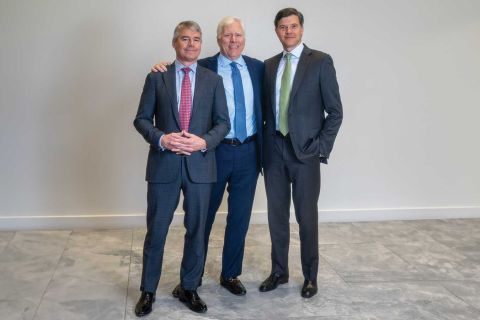Natural gas production has started from Raven, the third stage of the BP-operated $9 billion West Nile Delta (WND) development in the Mediterranean Sea offshore Egypt, the company said April 26.
“Completing this major multi-stage development in the face of many challenges is testament to bp’s long-term commitment to Egypt and our excellent working relationships with partners and the government,” BP CEO Bernard Looney said in a news release. “West Nile Delta will make an important contribution to meeting Egypt’s growing energy needs, by providing a cost-competitive and resilient gas supply from the country’s own resources.”
The startup is part of the three-phase development of five gas fields across the North Alexandria and West Mediterranean Deepwater offshore concession blocks in the Mediterranean Sea, BP said. The Taurus/Libra projects started production in 2017, while the Giza/Fayoum projects started up in 2019.
“Working together with the Ministry of Petroleum and our partners we can now explore the potential use of the West Nile Delta facilities for developing future infill and nearby exploration opportunities,” added Karim Alaa, BP’s regional president for North Africa.
Raven is producing about 600 million standard cubic feet of gas per day (MMscf/d) but is capable of producing at peak 900 MMscf/d and 30,000 barrels per day of condensate, according to BP.
“In total, the WND development includes 25 wells producing gas to the onshore processing plant via three long-distance subsea tiebacks,” BP said. “The onshore facilities – including the new Raven facility – now have a total gas processing capacity of around 1.4 billion standard cubic feet of gas per day. All gas produced is fed into Egypt’s national grid.”
Holding an 82.75% stake, BP serves as operator for the WND development. Its partner is Wintershall Dea, which has a 17.25% stake.
Recommended Reading
Kimmeridge Fast Forwards on SilverBow with Takeover Bid
2024-03-13 - Investment firm Kimmeridge Energy Management, which first asked for additional SilverBow Resources board seats, has followed up with a buyout offer. A deal would make a nearly 1 Bcfe/d Eagle Ford pureplay.
Laredo Oil Subsidiary, Erehwon Enter Into Drilling Agreement with Texakoma
2024-03-14 - The agreement with Lustre Oil and Erehwon Oil & Gas would allow Texakoma to participate in the development of 7,375 net acres of mineral rights in Valley County, Montana.
Hess Corp. Boosts Bakken Output, Drilling Ahead of Chevron Merger
2024-01-31 - Hess Corp. increased its drilling activity and output from the Bakken play of North Dakota during the fourth quarter, the E&P reported in its latest earnings.
The OGInterview: Petrie Partners a Big Deal Among Investment Banks
2024-02-01 - In this OGInterview, Hart Energy's Chris Mathews sat down with Petrie Partners—perhaps not the biggest or flashiest investment bank around, but after over two decades, the firm has been around the block more than most.
Petrie Partners: A Small Wonder
2024-02-01 - Petrie Partners may not be the biggest or flashiest investment bank on the block, but after over two decades, its executives have been around the block more than most.





